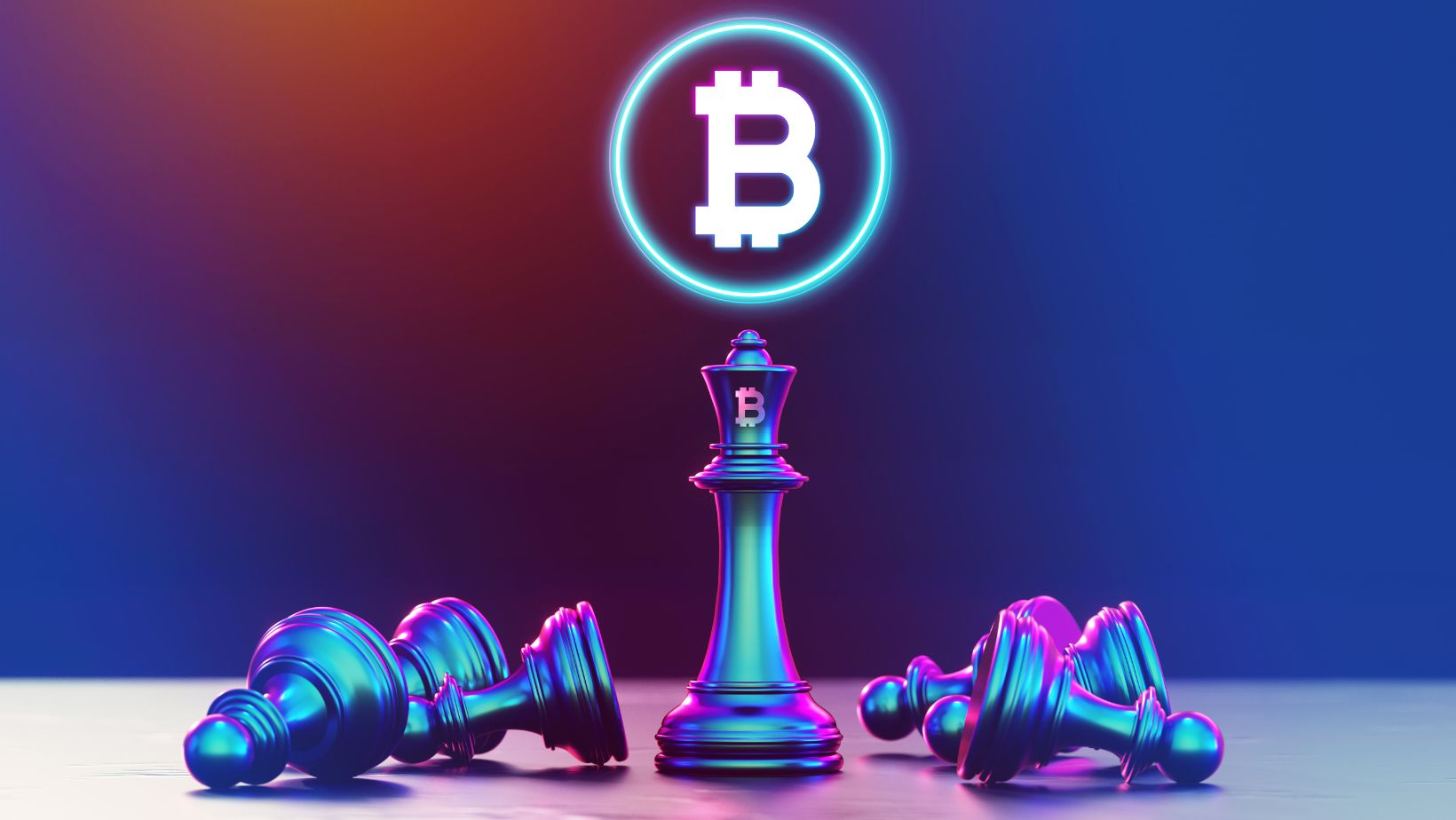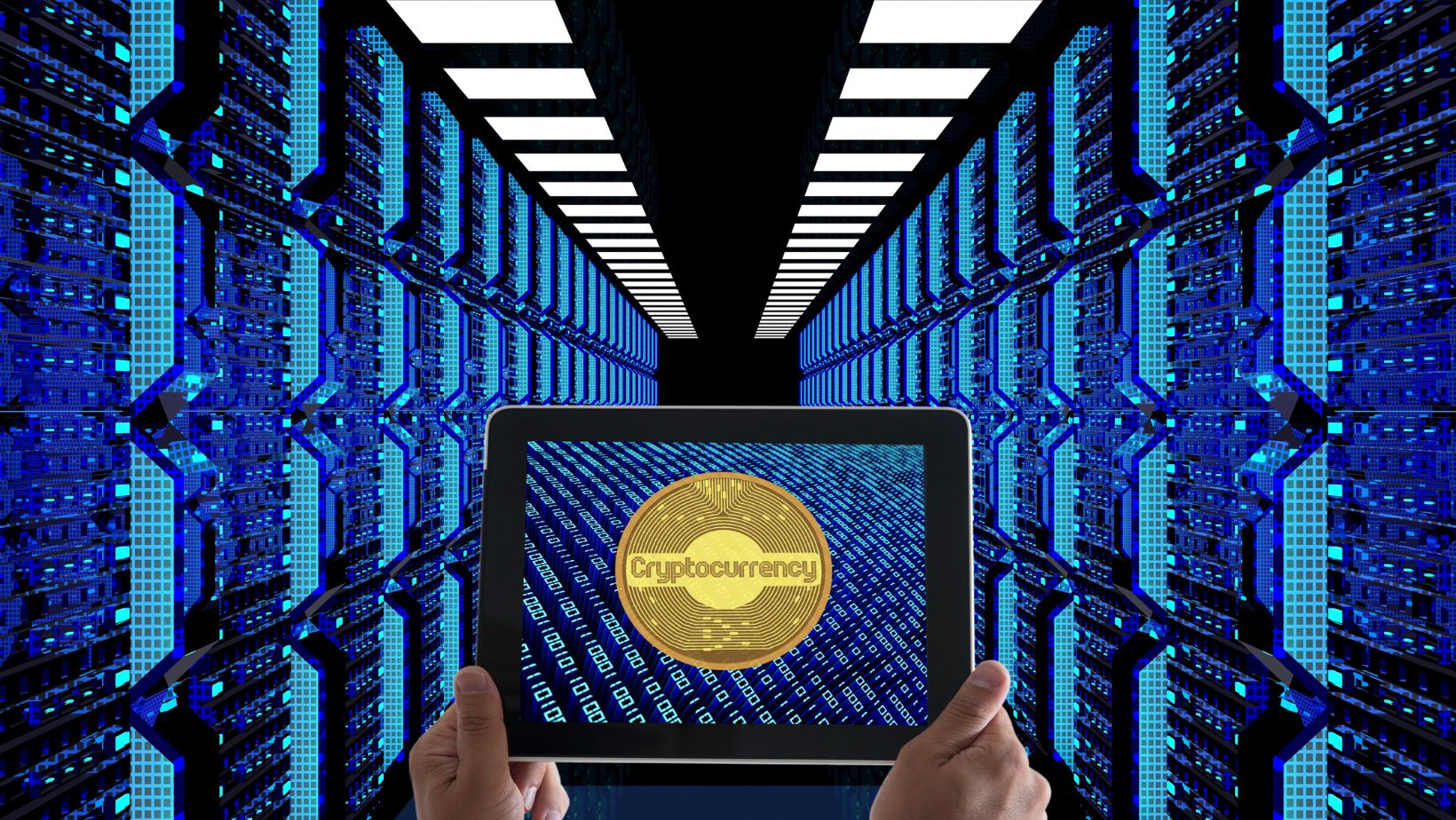Bitcoin is a decentralized digital currency, without a central bank or single administrator, that can be sent from user to user on the peer-to-peer bitcoin network without the need for intermediaries. Transactions are verified by network nodes through cryptography and recorded in a public distributed ledger called a blockchain. Bitcoin was invented in 2008 by an unknown person or group of people using the name Satoshi Nakamoto[10] and started in 2009[11] when its source code was released as open-source software.[12]
Bitcoins are created as a reward for a process known as mining. They can be exchanged for other currencies, products, and services.[13] As of February 2015, over 100,000 merchants and vendors accepted bitcoin as payment.[14] Research produced by the University of Cambridge estimates that in 2017, there were 2.9 to 5.8 million unique users using a cryptocurrency wallet, most of them using bitcoin.[15]

What is a Bitcoin Transaction?
A Bitcoin transaction is a digital exchange of value between two parties. Transactions are verified by network nodes through cryptography and recorded in a public dispersed ledger called a blockchain. Bitcoin transactions are pseudonymous by default, meaning that the identities of theTwo parties are not publicly revealed, but all transactions are visible on the blockchain.
What Causes an Unconfirmed Bitcoin Transaction?
There are many possible reasons for an unconfirmed bitcoin transaction. The most common reason for an unconfirmed transaction is that it is too low in value to be included in a block, or possibly that it includes a fee that was set too low. While fees are not mandatory, they are highly recommended, as they help to ensure that your transaction will be included in the next block.
Some other possible causes of unconfirmed transactions are:
- Transactions that are too large in size.
- Transactions that include double spends.
- Transactions that spend coins that don’t exist (this can happen if you receive a wallet with already spent coins).
If you find that your transaction is unconfirmed, there are several things you can do to try to fix the problem:
- Check the status of the network and see if there are any issues that might be causing delays.
- Increase the fee associated with your transaction.
- Rebroadcast your transaction.
How to Cancel Unconfirmed Bitcoin Transaction in Blockchain
An unconfirmed bitcoin transaction occurs when a given transaction fails to receive a confirmation on the blockchain within 24 hours. Transactions can fail to confirm for many reasons, most of which are related to the fees you included in your transaction. When sending Bitcoin, always include a suitable fee so your transaction can be confirmed quickly.
If your bitcoin transaction is unconfirmed, it means that it has not yet been included in a block by a miner. Most transactions need six confirmations from miners before they are considered complete. If your transaction is taking too long to confirm, you can try to cancel it. To do this, you will need to know the txid of your unconfirmed transaction. The txid is a long string of numbers and letters that uniquely identify your transaction. Once you have the txid, you can use a Bitcoin node to cancel the transaction.

How to Prevent an Unconfirmed Bitcoin Transaction in the Future
Unfortunately, there is no surefire way to prevent an unconfirmed bitcoin transaction from occurring. However, there are a few things you can do to minimize the likelihood of it happening to you:
- Make sure you are using a reputable and well-established bitcoin wallet.
- When sending a transaction, always check the fee amount and confirm that it is sufficient for the transaction to be included in the next block.
- If possible, use a service that allows you to set up your own fee schedule.
- Keep in mind that unconfirmed transactions are more likely to occur during times of high network traffic. Try to avoid sending transactions during these times if possible.
Conclusion
We have seen how unconfirmed transactions can lead to losing your Bitcoin, so it is important to take steps to prevent them from happening in the first place.



